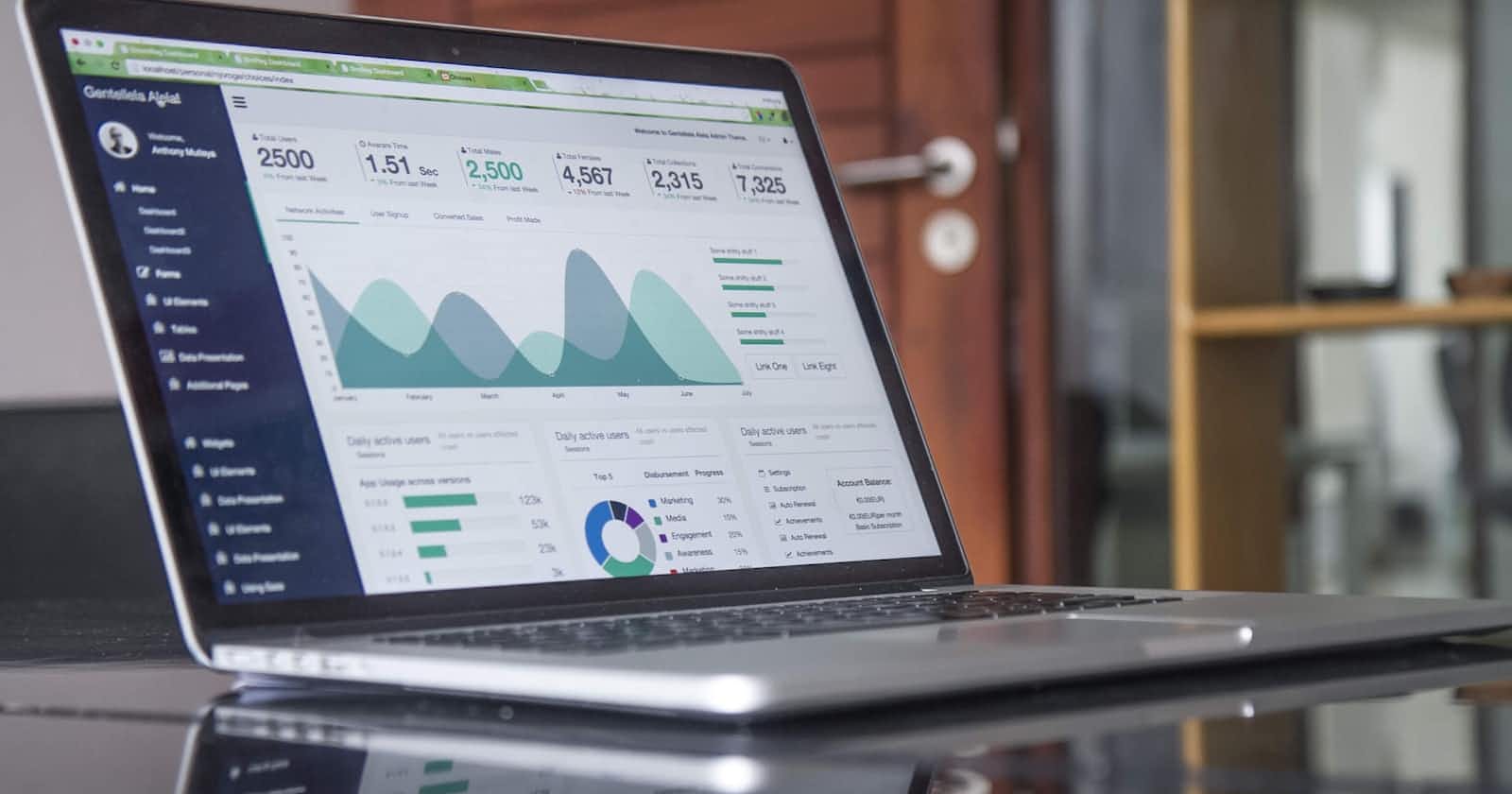Definition of Enterprise Resource Planning (ERP)
Enterprise Resource Planning (ERP) refers to a type of software that companies use to fully manage the day-a-day business operations and activities such as :
- Accounting
- Procurement
- Project Management
- Human Resources
- Risk Management
- Supply Chain
- Manufacturing
- Services
- Sales
What Values can ERP add to an Organization or Company?
ERP has multiple values due to it is software that can fully manage a company's operations and helps to align separate departments and improve workflows at different levels.
Main values of ERP:
- Improve Business Insight through Reports this insight can be achieved by Data Science methods.
- Lower Operational Costs due to the ERP is designed for agile operations minimizing human errors
- Enhanced Collaboration from all users sharing data in contracts and customized through Role Based Access Control.
- Improved Efficiency through common User Experience
- Reduce Risk via data integrity
Types of ERP:
- Cloud-Based: It means that can be only accessed by remote servers over the Internet.
- On-Premise: This software is typically installed in a data center at the location of your choice.
- Hybrid: It refers to a mixture of both requirements (cloud-based and On-premise) ERP.
The Future of ERP:
Software is eating the world so ERP is not an exception the most predictable future is running this fully cloud-based and powered by Artificial Intelligence specifically Machine Learning and Data Science.
Conclusion:
Enterprise Resource Planning is needed due to the evolution of a company so CEO and CTO should keep in mind how to implement it, and what kind of ERP System will need.
Thank you so much! 🚀


